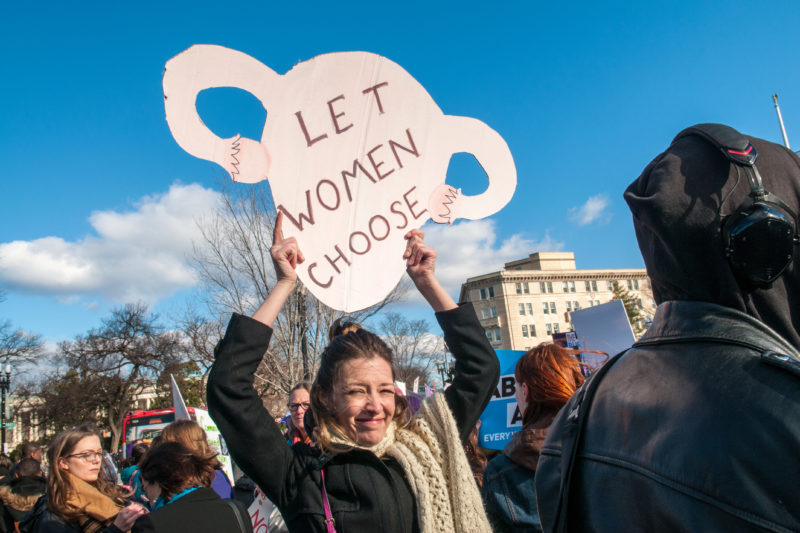Judge Rules as Unconstitutional Texas Ban on Common Method of Abortion
U.S. District Judge Lee Yeakel accused lawmakers of requiring a patient seeking a second-trimester abortion to undergo an "unwanted, risky, invasive, and experimental procedure."

A federal judge ruled on Wednesday that parts of a Texas law banning the most common type of second-trimester abortion care are unconstitutional.
The permanent injunction from U.S. District Judge Lee Yeakel was handed down just hours before the temporary restraining order blocking the state from enforcing the provisions was set to expire. The act, Yeakel wrote, “intervenes in the medical process of abortion prior to viability in an unduly burdensome manner.”
Nancy Northup, president and CEO of the Center for Reproductive Rights, said in a statement that the ruling was the latest blow delivered to an “unrelenting and coordinated political agenda” that seeks to restrict reproductive rights.
“The court’s decision once again makes clear that politicians cannot force their way into private medical decisions that should stay between patients and physicians,” Northup said. “Access to vital reproductive health services should not depend on a woman’s zip code, and today’s decision ensures Texas women can continue to seek the care they need and deserve.”
Among other provisions, SB 8 prohibits physicians from performing a so-called dismemberment abortion—a phrase popularized by anti-choice organizations—unless necessary in a medical emergency. The law targets a procedure known as dilation and evacuation (D and E), the most common method of performing second-trimester abortions.
The provisions were based on copycat legislation drafted by the National Right to Life Committee, an anti-choice organization that has successfully lobbied GOP lawmakers in eight states to pass similar bills.
Judge Yeakel, appointed to the court by President George W. Bush, wrote in the 27-page opinion that the act would require pregnant people to “endure a medically unnecessary and invasive procedure,” creating an undue burden.
The judge specifically took issue with the state’s claim that the D and E procedure could be performed if a physician induced “fetal demise.” Physicians who testified during the five-day trial earlier this month characterized that requirement as “uncharted territory” that would increase risk and delays, reported the Texas Tribune.
“The court concludes that requiring a woman to undergo an unwanted, risky, invasive, and experimental procedure in exchange for exercising her right to choose an abortion, substantially burdens that right,” Yeakel wrote.
The Center for Reproductive Rights (CRR) and Planned Parenthood Federation of America (PPFA) in July filed the lawsuit on behalf of several Texas abortion providers.
Among the plaintiffs is Whole Woman’s Health, the abortion provider that became synonymous with the landmark U.S. Supreme Court decision in Whole Woman’s Health v. Hellerstedt, in which the court struck down the anti-choice omnibus law known as HB 2.
Amy Hagstrom Miller, president and CEO of Whole Woman’s Health, said in a statement that the ruling was a victory for women and families in Texas.
“Today the court ruled on the right side of medicine and was just another step in ensuring that all Texans are given the dignity and respect they deserve to make their own healthcare decisions,” Hagstrom Miller said.
Texas Attorney General Ken Paxton (R) announced shortly after the ruling that his office had already filed a notice of appeal with the U.S. Court of Appeals for the Fifth Circuit.
“We will defend Senate Bill 8 all the way to the U.S. Supreme Court, if necessary,” Paxton said in a statement.
